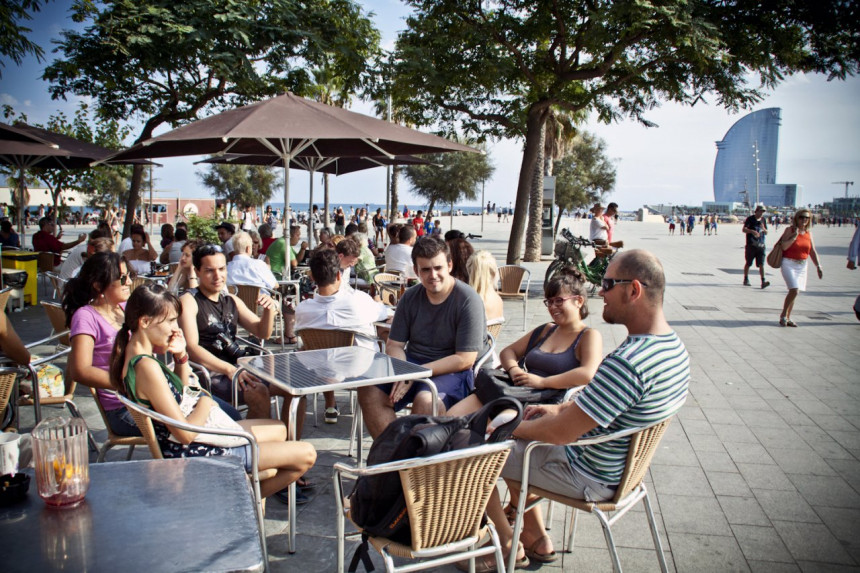
Tourism is not a new phenomenon in Barcelona. As we know it today, it is one of the results of the successful holding of the 1992 Olympic Political parties in our city. Still, the first experiences and explicit policies to promote the city to attract tourism in Barcelona were initiated long before this, in the early twentieth century with the creation of the "Sociedad de Atracción de Forasteros" (Society for the Attraction of Foreigners) in 1908.
The Olympics were an excuse to drive a major transformation of our city. They followed a very clear guiding star that had marked other major international events such as the Universal Exhibitions of 1888 and 1929, which transformed and modernized our city, updating infrastructure, beautifying the city and generating new opportunities for generating economic activity and creating jobs.
To take advantage of the impact of the Olympic Political parties and the international projection of Barcelona, the "Tourism Consortium of Barcelona" was established in 1993 with the aim of promoting Barcelona as a tourist city. The creation of this consortium was the result of a public-private agreement that has the participation and involvement of local administration and the main economic agents in the city related to tourism.
The great success of tourism experienced by our city is closely related to its international context. In the last quarter century, tourism has skyrocketed at international level and is becoming one of the fastest growing major industries. It is said that it employs one in twelve people worldwide and contributes 6.5 trillion dollars to the global economy. In Barcelona, tourism produces over 12% of the GDP of the city, 13,400 million Euros per year, and employs approximately 120,000 people.
A business
Tourism is a business that necessarily has a strong impact on cities, territories, environment and conserving the architectural and cultural heritage. The first symptoms of negative externalities that tourism can produce in certain areas and tourist attractions of our city were detected in 2007. Whatever the case, most citizens regard tourism as a beneficial activity for Barcelona.
A recent study by the University of Girona (2013) indicates that about 27 million people visit Barcelona annually, in a city of 1.6 million inhabitants. Half (13.5 million) spend the night in our city, and the other half day visit us from other municipalities of Catalonia, or are tourists staying in towns nearby our city. We should note that 80% of tourists who visit our city are foreigners.
Tourism is very important for the life and economy of our city, but clearly, it can involve both positive and negative manifestations. Among the positive, creating economic activity and employment, the international projection of the city, improving infrastructure and services related to leisure, culture and trade. Among the negative, packing and concentration of people in very confined areas, the loss of identity and authenticity in some areas, the emergence of underground economic activity and potential conflicts related to antisocial behaviour and coexistence.
The attraction and concentration of such a large number of a floating population in certain areas of our city and its impact on business, leisure or housing, requires reinforced management tools. As a result of this need, Barcelona started a process of reflection that resulted in the development of the first Strategic Plan of Tourism of the City of Barcelona (2010-2015).
The Strategic Plan for the first time identified the major challenges facing tourism in our city. On one hand, the supply and decentralisation of tourism and the initiation a process of complicity on the part of citizens and institutions to improve the perception of tourism. On the other, the increase in the value and competitiveness of tourism in our city, under the leadership of a new management model that governs the economic, social, and environmental impact of tourism on the citizens of Barcelona.







